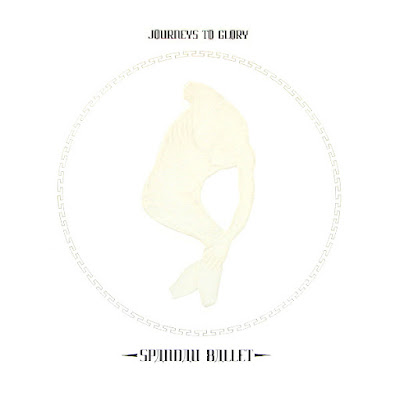
It took me a while to come round to Kool Keith, and what eventually swung it was a stack of his albums for a couple of quid each in a second-hand place in Camberwell. Without actually having heard the man's work, I'd received the impression of his being another one of those rappers for people who don't actually like rap. This came from recommendations by, amongst others, Shaun Robert, formerly author of weirdy sound art cassettes under the name factor X, who, having inspected my shelves of rap CDs, opined something like, I'm a bit surprised that you don't have any Kool Keith, which sounded faintly like sneering at the time. We'd probably just had a disagreement over the merits of Björk, my position being that there aren't any, so Kool Keith became rap for people who like Björk and who probably read The Wire, to my way of thinking; and of course I was wrong.
I warmed to the idea of the man when he released an album on Esham's label, Gotham Overcore - which is probably ass-backwards, but never mind; and then when he sang the praises of low-brow rap, as the journalist termed it, in the pages of Vibe or The Source or one of those, specifically No Limit and other labels keeping Pen & Pixel in business. I could have just listened to his records, of course, but that would have been too easy.
First Come, First Served, defiantly released with another eye-watering Pen & Pixel cover, was recorded by one of Keith's numerous personalities, specifically the one which really seems to focus what I like about the guy, although appreciate may be a better word than like. He raps like a nutter, lines spat out with just a hint of anger, like you've spilled his pint but the situation hasn't quite made it out into the pub car park; and he's about four-thousand times more eloquent than most rappers. It all spills out, even sluices out in a barrage of faintly queasy and upsetting images, and it's like that moment where you take out the trash and lift the lid of the wheelie bin and get just a whiff before you remember to hold your breath. Keith seems fixated on detritus and snack food and rubbish, anything with a bit of a pong, as a sort of combined inversion and refutation of just about everything else which has ever happened in rap. If he wasn't so fucking good at it, you could be forgiven for thinking he hates the genre. There's not a lot of gold, and nor are the fizzy millionaire drinks aflowing - just about every other liquid you might care to mention but probably wouldn't, but definitely not a lot of Alizé. In fact, the imagery of dollar store diapers, cereal, and egg shells is of such concentration that if you wrote everything he said down, I'm pretty sure it would read like a less alcoholic Bukowski.
What he's actually saying is similarly pungent, and with not very much that would have seemed out of place in one of the earlier, more harrowing John Waters films. This is because he's keeping it real, as we say, but really real, the sort of real which is customarily subject to a restraining order. His message to fellow artistes is You Live at Home with Your Mom, and once you compare this album with whatever else has been doing the rounds, you realise that they do.
Musically, it's a little basic, just hard atmospheric beats keeping a rhythm to the justifiably arrogant dispensation of bile, which is how it should be. Anything stronger would mask the odour and would miss the point, so instead we get hints of turd-strewn sidewalks, film soundtracks, and Peter Lorre on full ooze sliming his way around a backing vocal, knocking on your door at midnight to apologise for the smell from the apartment across the hall, and hey, you got any toilet paper?
First Come, First Served is a classic, no argument, and I think I need a shower.




















